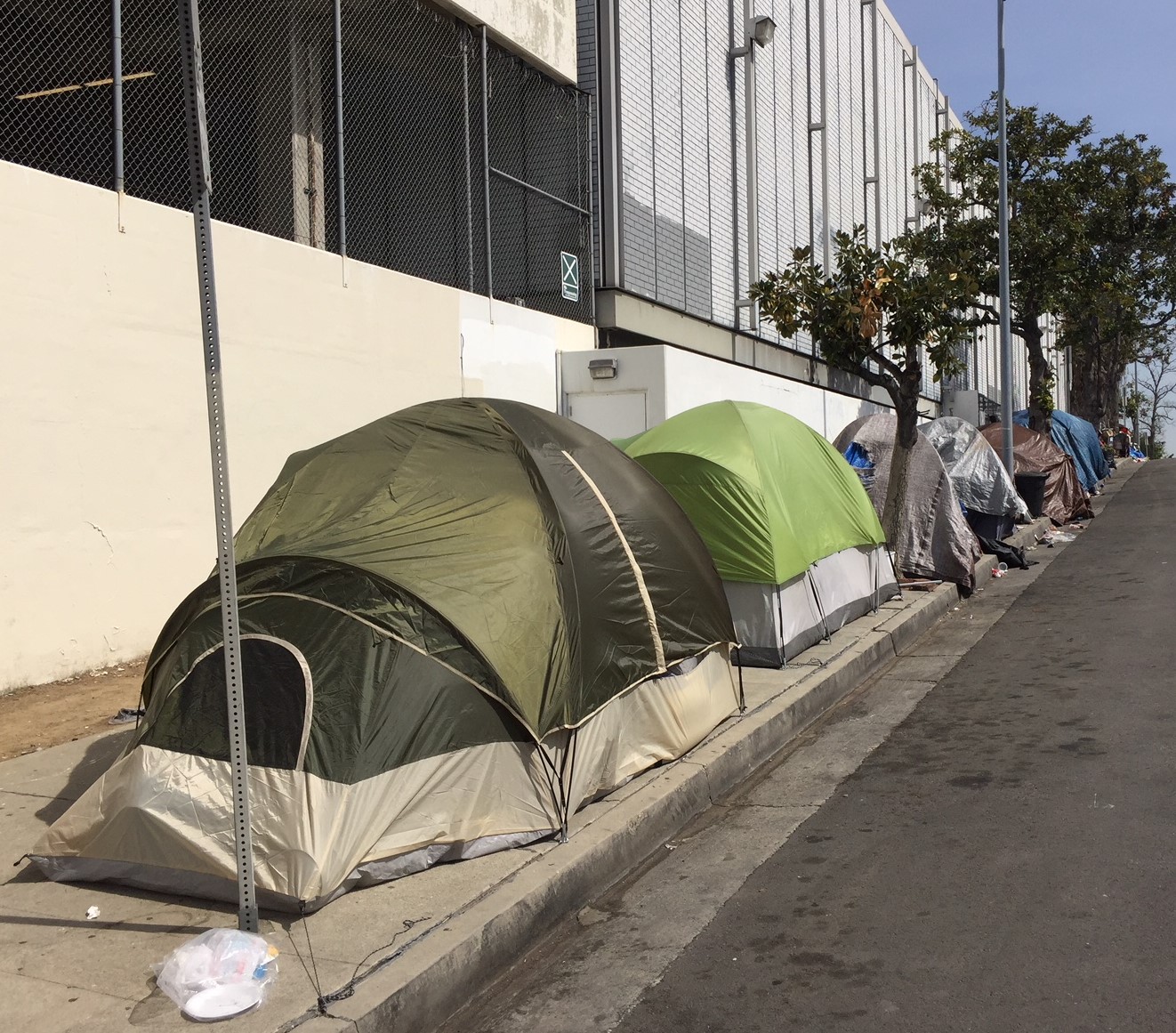The California Judicial Council, which oversees courts in the state, decided today that it was time to end its emergency moratorium that had temporarily halted legal eviction proceedings during the state's emergency stay-at-home orders.
“The judicial branch cannot usurp the responsibility of the other two branches on a long-term basis to deal with the myriad impacts of the pandemic,” wrote Chief Justice Cantil-Sakauye in a statement. “The duty of the judicial branch is to resolve disputes under the law and not to legislate. I urge our sister branches to act expeditiously to resolve this looming crisis.”
California legislative leaders had asked the Council to extend the moratorium, and this vote is a resounding "no" to that request. Now the end of the judicial moratorium will coincide with the end of the legislative session, when legislators must decide on hundreds of bills while also navigating new safety protocols. That gives them two weeks to come up with some kind of tenant protection replacement, in the midst of an already contentious and emotional time. Thanks, Judicial Council.
There are a few bills being considered that propose new tenant protection rules, but they are being watered down as landlords and other interests organize to fight them. David Chiu's A.B. 1436, for example, would make it somewhat easier for a tenant to claim hardship and get some relief. S.B. 1410, by Senators Anna Caballero (D-Salinas) and Steven Bradford (D-Gardena), would prevent an eviction for non-payment of back rent during the pandemic unless the landlord can prove they tried, and failed, to come to an agreement with the tenant over the paying of rent over time.
But landlords have fought back, claiming that these new rules hamper their rights. They don't want to be responsible for people who can't pay rent.
Meanwhile the pandemic has not gone away, and people still need to shelter at home. Researchers and advocates have been warning that a coming wave of evictions could push hundreds of thousands of California residents out of their homes and into the streets. It's a nightmare scenario, but apparently not the Judicial Council's problem.
The moratorium, which simply prevented courts from processing "unlawful detainer" eviction orders, had been extended in June to give legislators more time to come up with solutions. Currently, this work is mostly being done at the local level, which means inconsistent tenant protections vary by city and county.
The harsh reality is that "unlawful detainer" evictions could happen quickly. Unless a tenant understands and responds to all of the requirements for appeal immediately, they can be forcibly removed from their home at the end of those three days.
And the people most at risk of eviction are the same vulnerable populations that pay a high portion of what income they have on rent - some as high as ninety percent - and few resources to fall back on if they lose their jobs or their housing. That is: mostly poor and low-income Black and brown people.
It's not getting easier to pay rent. The timing of this Judicial Council action is not kind, nor does it seem wise.






